Home>diy>Building & Construction>When Should You Get A Home Inspection On New Construction
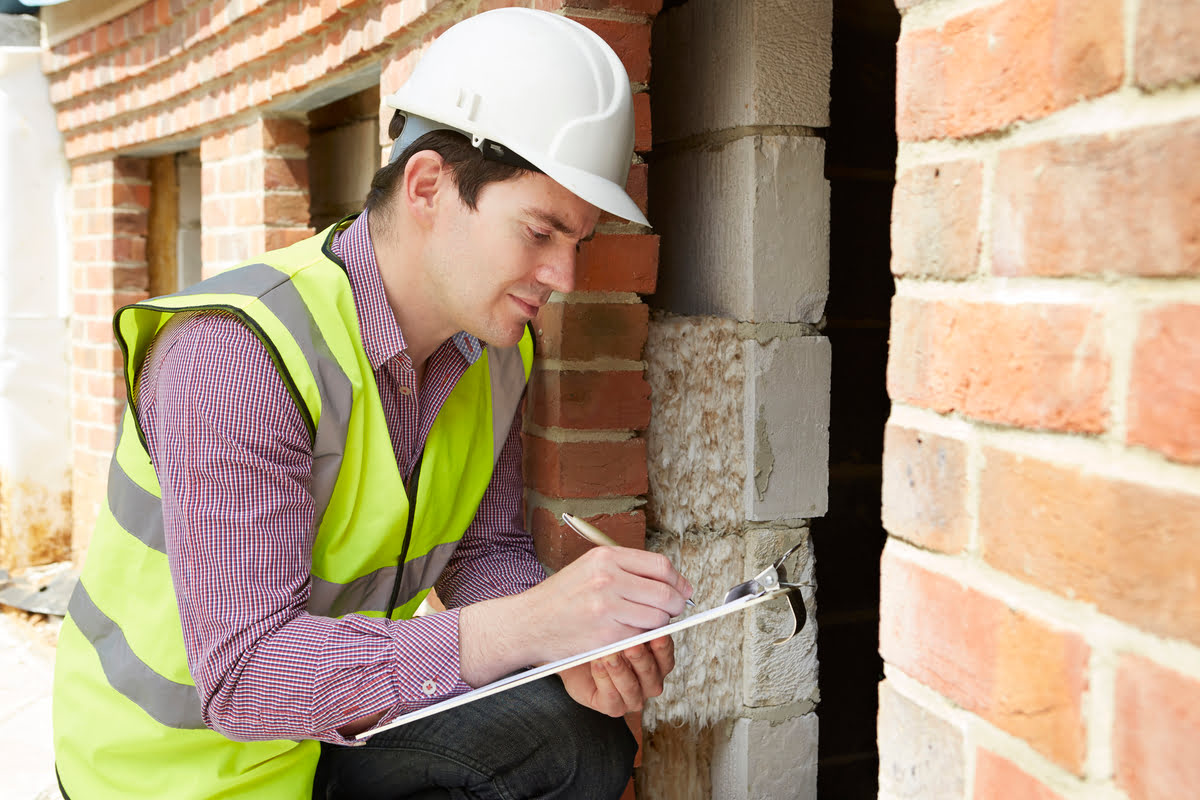

Building & Construction
When Should You Get A Home Inspection On New Construction
Modified: January 24, 2024
Find out when it's crucial to schedule a home inspection for new construction projects. Learn the importance of building-construction inspections.
(Many of the links in this article redirect to a specific reviewed product. Your purchase of these products through affiliate links helps to generate commission for Storables.com, at no extra cost. Learn more)
Introduction
Welcome to the world of building construction, where every detail and decision matter in creating a safe and reliable structure. Whether you’re planning to build your dream home or investing in a new construction property, it is crucial to ensure the quality, safety, and compliance of the building. One of the most important steps in this process is getting a home inspection on new construction.
A home inspection involves a comprehensive evaluation of the property by a qualified professional to identify any potential issues or concerns. While some may assume that a home inspection is only necessary for older or pre-owned homes, it is equally important, if not more, for new construction. In fact, investing in a thorough home inspection during the construction process can save you from future headaches and costly repairs.
In this article, we will delve into the importance of home inspections on new construction and discuss the factors to consider when deciding the right time for a home inspection. We will also explore the benefits of getting a home inspection during different stages of construction, common issues found in new construction homes, the potential risks of not getting a home inspection, and the process of hiring a qualified home inspector for new construction.
By the end of this article, you will have a deeper understanding of why home inspections on new construction are essential and be equipped with the knowledge to make informed decisions regarding your construction project.
Key Takeaways:
- Don’t overlook the importance of home inspections on new construction. Identifying potential issues early can save you from future headaches and costly repairs, ensuring a safe and reliable home for your family.
- Hiring a qualified home inspector is crucial for a thorough assessment of your new construction property. Their expertise provides peace of mind and protects your investment in the long run.
Understanding the Importance of Home Inspections on New Construction
When it comes to new construction, many people often assume that since everything is brand new, there is no need for a home inspection. However, this is a common misconception that can lead to costly mistakes and potential safety hazards. Getting a home inspection on new construction is just as important, if not more, than inspecting an older property.
During the construction process, there are several factors at play, such as the workmanship, materials used, and adherence to building codes and regulations. While builders strive to meet high standards, errors and oversights can still occur. By getting a home inspection, you are ensuring that your new construction property is safe, structurally sound, and built to last.
A qualified home inspector has the knowledge and expertise to identify any potential issues or red flags that may not be apparent to the untrained eye. They will thoroughly inspect the property, examining key areas such as the foundation, electrical systems, plumbing, HVAC, insulation, and more. Any deficiencies or safety concerns discovered during the inspection can be addressed before they turn into major problems down the line.
Additionally, a home inspection provides you with peace of mind and confidence in your investment. It enables you to make informed decisions regarding the purchase or construction of the property. If any issues are identified, you can negotiate with the builder to rectify them or request repairs before the finalization of the construction process.
Moreover, a home inspection can also help you prioritize any necessary repairs or improvements that may not be urgent but should be addressed in the future. This helps in maintaining the value and longevity of your new construction property.
Ultimately, a home inspection on new construction is an essential step towards ensuring the quality, safety, and compliance of the building. It allows you to be proactive in identifying and resolving any potential issues, protecting your investment, and providing a comfortable and secure space for you and your family.
Factors to Consider when Deciding the Right Time for a Home Inspection
Deciding the right time for a home inspection on new construction requires careful consideration. While the ideal time is typically before the finalization of the construction process, there are various factors to keep in mind to ensure the effectiveness and accuracy of the inspection. Let’s explore these factors:
- Construction Phase: The stage of construction plays a crucial role in determining when to schedule a home inspection. It is generally recommended to have multiple inspections at different stages, including the pre-drywall inspection, final inspection, and warranty inspection. Each phase allows the inspector to assess specific aspects of the construction process and identify any potential issues.
- Pre-Drywall Inspection: This inspection occurs prior to the installation of insulation and drywall, allowing the inspector to assess the structural components, plumbing, electrical systems, and HVAC installation. Conducting a pre-drywall inspection gives you the opportunity to address any issues before they are concealed behind the finished walls.
- Final Inspection: The final inspection takes place once the construction is complete, and all finishes and fixtures are installed. This inspection covers a comprehensive evaluation of the entire property, including the exterior, interior, mechanical systems, and overall functionality. It provides a final assessment of the building’s condition before occupancy.
- Warranty Inspection: Many builders offer a warranty on their newly constructed homes. It is advisable to schedule a warranty inspection towards the end of the warranty period to identify any potential defects or issues covered under the warranty. This allows you to address these concerns before the warranty expires.
- Builder’s Cooperation: It is essential to ensure that the builder is cooperative and willing to accommodate a home inspection. Ideally, the builder should be open to the inspection and allow access to all areas of the property. If the builder is resistant or uncooperative, it may raise concerns about their transparency and the quality of their construction.
- Timely Scheduling: It is advisable to schedule the home inspection well in advance to secure a time that suits both you and the inspector. This ensures that there is ample time for any necessary follow-up inspections or discussions with the builder regarding repairs or improvements.
- Market Conditions: Depending on the housing market, there may be a high demand for new construction properties, leading to fast-paced construction schedules. In such cases, it is crucial to stay informed about the progress of the construction and schedule the home inspection accordingly to avoid any delays or missed opportunities.
- Budget Considerations: Lastly, it is important to factor in the cost of the home inspection when deciding the right time. While a home inspection is a worthwhile investment, it is essential to ensure that it fits within your budget and overall financial plan. Consider the potential long-term savings and benefits that a thorough inspection can provide.
By taking these factors into account and discussing them with your builder and home inspector, you can determine the right time for a home inspection on your new construction property. Remember, timely inspections ensure that any potential issues are identified and addressed before they become significant problems, allowing for a smoother and more successful construction process.
Benefits of Getting a Home Inspection during Different Stages of Construction
Getting a home inspection at various stages of the construction process offers several benefits. Each inspection phase provides an opportunity to assess different aspects of the property and identify any potential issues or areas that require attention. Let’s explore the benefits of getting a home inspection during different stages of construction:
- Pre-Drywall Inspection: Conducting a pre-drywall inspection allows the inspector to assess the structural elements, plumbing, electrical systems, and HVAC installation before they are hidden behind drywall or insulation. This inspection ensures that these critical components are correctly installed, reducing the likelihood of future issues. It also provides an opportunity to address any concerns or deficiencies before they become inaccessible or costlier to fix.
- Final Inspection: The final inspection is the last opportunity to thoroughly evaluate the completed construction. It allows the inspector to assess the overall quality, functionality, and compliance of the property. By conducting a final inspection, you can identify any cosmetic or functional issues that need to be resolved before occupying the space. This ensures that the construction meets your expectations and is safe and livable.
- Warranty Inspection: Many builders offer a warranty on their newly constructed homes. Scheduling a warranty inspection near the end of the warranty period provides an opportunity to identify any defects or issues covered under the warranty. By addressing these concerns within the warranty period, you can have the builder rectify them at no additional cost to you, saving you money in the long run.
- Peace of Mind: Getting a home inspection at different stages of construction provides you with peace of mind. It assures you that a professional has assessed the property and identified any potential problems. Having this knowledge allows you to address those issues before they lead to more significant complications or financial burdens. It allows you to enter the home with confidence, knowing that it has been thoroughly inspected and meets industry standards and regulations.
- Negotiating Power: A home inspection report can serve as a negotiating tool with the builder. If any issues or deficiencies are identified during the inspection, you can use this information to address them with the builder and negotiate repairs or improvements before finalizing the construction process. This can potentially save you from bearing the costs of necessary repairs or upgrades that should have been addressed by the builder.
- Long-Term Savings: Investing in home inspections during different stages of construction can lead to long-term savings. By identifying and addressing issues early on, you can prevent them from developing into more significant problems that require costly repairs down the line. It also ensures that you are investing in a property that is built to last, minimizing the need for frequent repairs or replacements.
By taking advantage of home inspections during various stages of construction, you are ensuring that your new construction property is of the highest quality, meets safety standards, and provides a comfortable and reliable living environment. It is a proactive step that protects your investment and helps you avoid potential headaches and expenses in the future.
It’s important to get a home inspection on new construction before the final walkthrough. This can help identify any issues or defects that need to be addressed by the builder before closing on the property.
Common Issues Found in New Construction Homes
While new construction homes offer the allure of modern design and updated features, they are not exempt from potential issues. Despite the best efforts of builders, there are common problems that can arise during the construction process. Being aware of these issues can help you identify and address them promptly. Here are some common issues found in new construction homes:
- Structural Deficiencies: One of the most critical issues that can arise in new construction homes are structural deficiencies. This can include problems with the foundation, walls, roof, or framing. Poor construction practices or errors in design can lead to structural weaknesses that may compromise the stability and safety of the building.
- Plumbing and Electrical Problems: New construction homes may also suffer from plumbing or electrical issues. These can range from leaky pipes, inadequate water pressure, faulty wiring, or inadequate electrical capacity to handle the demands of appliances and electronics. These issues can lead to inconvenient disruptions, safety hazards, or costly repairs.
- Improper Insulation: Inadequate or improper insulation can result in energy inefficiency, fluctuating indoor temperatures, and higher utility bills. Insulation should be properly installed in walls, floors, and ceilings to ensure adequate thermal and acoustic insulation, providing a comfortable living environment.
- Poor Ventilation: Insufficient ventilation can lead to poor indoor air quality, excessive moisture, and the potential for mold growth. Proper airflow and ventilation systems should be in place to promote a healthy living environment and prevent moisture-related issues.
- Finishing and Cosmetic Defects: New construction homes may have finishing and cosmetic defects, such as uneven or improperly installed flooring, cracked tiles, paint imperfections, or faulty cabinetry. While these issues may not pose immediate safety concerns, they can affect the visual appeal and functionality of the home.
- Incomplete or Missing Permits and Inspections: It is essential to ensure that the builder obtains all necessary permits and inspections throughout the construction process. Failure to do so may result in unpermitted or improperly built structures, which can lead to legal and safety issues.
- Landscaping and Drainage Problems: The exterior of the property should also be carefully examined for any landscaping or drainage problems. Improper grading, inadequate drainage systems, or poorly designed landscaping can lead to water intrusion issues, basement flooding, or erosion.
It is important to note that not all new construction homes will have these issues, and many reputable builders take great care to deliver high-quality properties. However, it is still crucial to have a home inspection to uncover any hidden problems and address them before they worsen or become more costly to repair.
By being aware of these common issues, you can better communicate with the builder and home inspector, ensuring that necessary measures are taken to rectify any deficiencies and ensure the long-term reliability and safety of your new construction home.
Read more: When Should You Turn Air Conditioning On
Potential Risks of Not Getting a Home Inspection on New Construction
Opting out of a home inspection on new construction may seem tempting, especially if everything appears to be in order. However, this decision can expose you to potential risks and future complications. Here are some of the potential risks of not getting a home inspection on new construction:
- Hidden Issues: Not all construction issues are visible to the untrained eye. By skipping a home inspection, you may miss underlying problems that are not immediately apparent. These hidden issues can range from structural deficiencies to faulty electrical or plumbing systems, which can pose safety hazards or require significant repairs down the line.
- Neglected Building Codes: Building codes and regulations exist for a reason – to ensure the safety and quality of construction. Without a professional inspection, you won’t have the assurance that the builder adhered to all the necessary codes and standards. This can lead to issues with permits, violations, or insurance problems in the future.
- Missed Opportunities for Negotiation: A home inspection report gives you leverage when it comes to negotiating with the builder. If issues are identified during the inspection, you can use this information to request repairs or improvements before finalizing the construction process. Without an inspection, you may miss out on the opportunity to address these issues, potentially leading to higher costs for repairs later on.
- Voided Warranty: Many builders offer warranties on their new construction homes. However, these warranties often come with conditions, such as the requirement for regular inspections. Not getting a home inspection may void the warranty or limit the coverage for certain repairs or issues that could have been identified and addressed during an inspection.
- Financial Burdens: Without a home inspection, you may unknowingly purchase a property with significant issues that require expensive repairs in the future. These unexpected costs can put a strain on your finances and derail your plans for the home. Investing in a home inspection allows you to make an informed decision and budget accordingly for any necessary repairs.
- Compromised Safety and Comfort: By skipping a home inspection, you may compromise the safety and comfort of your new construction home. Undetected electrical issues, structural deficiencies, or plumbing problems can pose serious safety risks or result in inconvenience and discomfort for you and your family.
- Limited Knowledge of the Property: A home inspection provides valuable insights about the construction, systems, and condition of the property. Without this knowledge, you may be unaware of potential maintenance requirements or future improvements that may be needed. This lack of information can impact your ability to plan for the long-term maintenance and enjoyment of your new home.
Getting a home inspection on new construction is a proactive step that helps mitigate these potential risks and ensures that you are making a sound investment. It provides you with peace of mind, protects your financial well-being, and allows you to enjoy your new construction home with confidence.
Hiring a Qualified Home Inspector for New Construction
When it comes to hiring a qualified home inspector for your new construction project, there are several key factors to consider. A thorough and accurate inspection is crucial to ensure the quality and safety of your new home. Here are some guidelines for hiring a qualified home inspector:
- Credentials and Experience: Look for a home inspector who is certified and has relevant experience in inspecting new construction properties. They should have a solid background in construction and building codes to understand the complexities involved in assessing the quality of a newly constructed home.
- Professionalism and Reputation: Check for online reviews or ask for references to assess the inspector’s professionalism, attention to detail, and overall reputation. A reliable home inspector should be prompt, thorough, and communicate their findings clearly and objectively.
- Membership in Professional Organizations: Membership in professional organizations such as the American Society of Home Inspectors (ASHI) or the International Association of Certified Home Inspectors (InterNACHI) indicates that the inspector is committed to upholding industry standards and ongoing professional education.
- Comprehensive Inspection Services: Ensure that the home inspector offers a comprehensive range of services that cover all aspects of the property. This should include the structural components, electrical systems, plumbing, HVAC, roofing, insulation, and other critical areas.
- Thorough Report: Request a sample inspection report to assess the level of detail and clarity provided. A comprehensive report should include a detailed description of the inspection findings, accompanied by supporting photographs and recommendations for repairs or further evaluations.
- Insurance and Liability Coverage: Verify that the home inspector carries professional liability insurance. This provides protection for both the inspector and the client in the event of errors or omissions during the inspection process.
- Availability and Timelines: Ensure that the home inspector can accommodate your scheduling needs and complete the inspection within a reasonable timeframe. Timely inspections are essential to avoid construction delays and address any issues identified during the inspection promptly.
- Clear Communication: Choose a home inspector who can communicate complex information in a clear and understandable manner. They should be willing to answer your questions and provide useful insights into the construction process and the condition of the property.
- Cost Considerations: While it’s important to consider the cost of the home inspection, remember that quality and experience should be the primary factors in your decision. A thorough and accurate inspection is an investment in your peace of mind and the long-term integrity of your new construction property.
By considering these factors and conducting some due diligence, you can hire a qualified home inspector who will provide you with a comprehensive assessment of your new construction property. Their expertise and attention to detail will help ensure that your investment is backed by professional knowledge and results in a safe and reliable home for you and your family.
Conclusion
Ensuring the quality, safety, and compliance of a new construction property is of utmost importance. By getting a home inspection at various stages of construction, you can identify any potential issues, address them promptly, and protect your investment. While the allure of a new construction home may tempt you to skip a home inspection, the potential risks and complications that can arise make it a critical step in the construction process.
Understanding the importance of home inspections on new construction allows you to make informed decisions and take proactive steps towards the longevity and reliability of your property. From identifying common issues to the benefits of inspections at different stages, you have gained valuable knowledge of why home inspections are essential.
By considering factors such as construction phase, builder cooperation, and market conditions, you can decide the right time for a home inspection. Hiring a qualified home inspector who possesses the necessary credentials, experience, and professionalism ensures a thorough and accurate assessment of your new construction property. Their expertise and comprehensive inspection services will provide you with peace of mind and protect against potential future risks.
By not getting a home inspection on new construction, you open yourself up to hidden issues, compromised safety, and potential financial burdens. It is crucial to address these risks and invest in a professional inspection that can uncover any deficiencies or code violations that may not be immediately evident.
Investing in a home inspection at various stages of construction allows you to negotiate with the builder, address issues under warranty, and identify potential long-term savings. It is a proactive step towards maintaining the value and integrity of your new construction property.
In conclusion, do not underestimate the importance of home inspections on new construction. By taking this crucial step, you can ensure that your new home is safe, structurally sound, and built to conform to industry standards. The investment in a home inspection will provide you with the assurance and peace of mind you need as you embark on the enjoyable journey of living in your new construction home.
Frequently Asked Questions about When Should You Get A Home Inspection On New Construction
Was this page helpful?
At Storables.com, we guarantee accurate and reliable information. Our content, validated by Expert Board Contributors, is crafted following stringent Editorial Policies. We're committed to providing you with well-researched, expert-backed insights for all your informational needs.
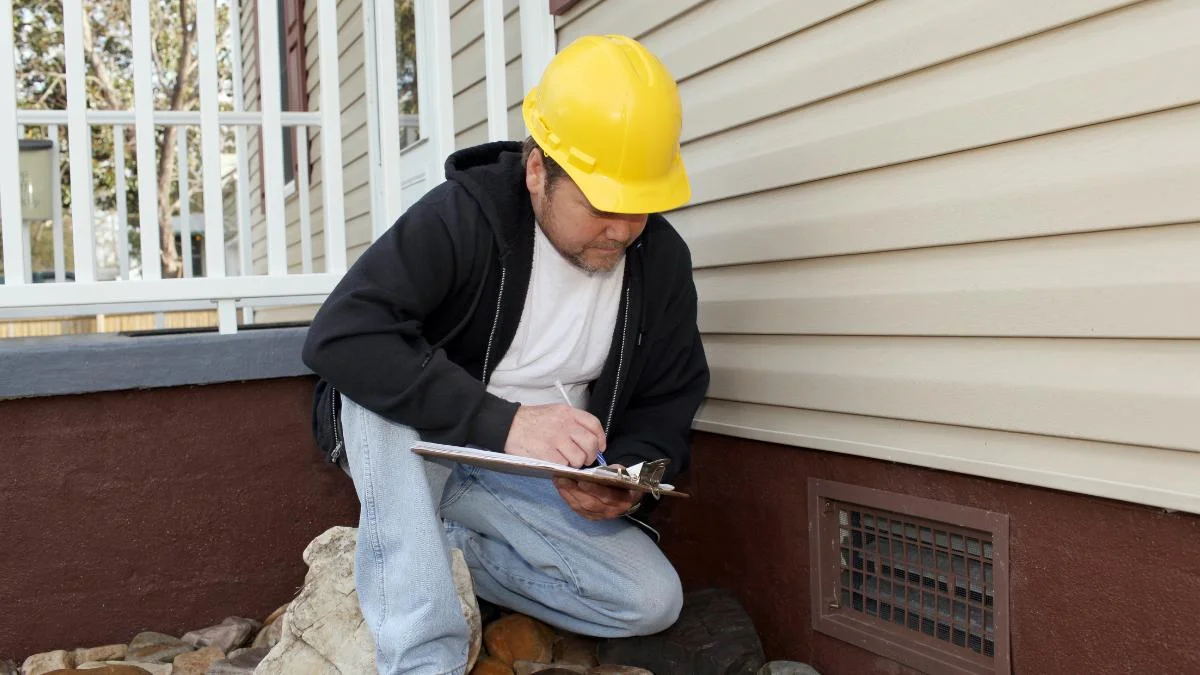
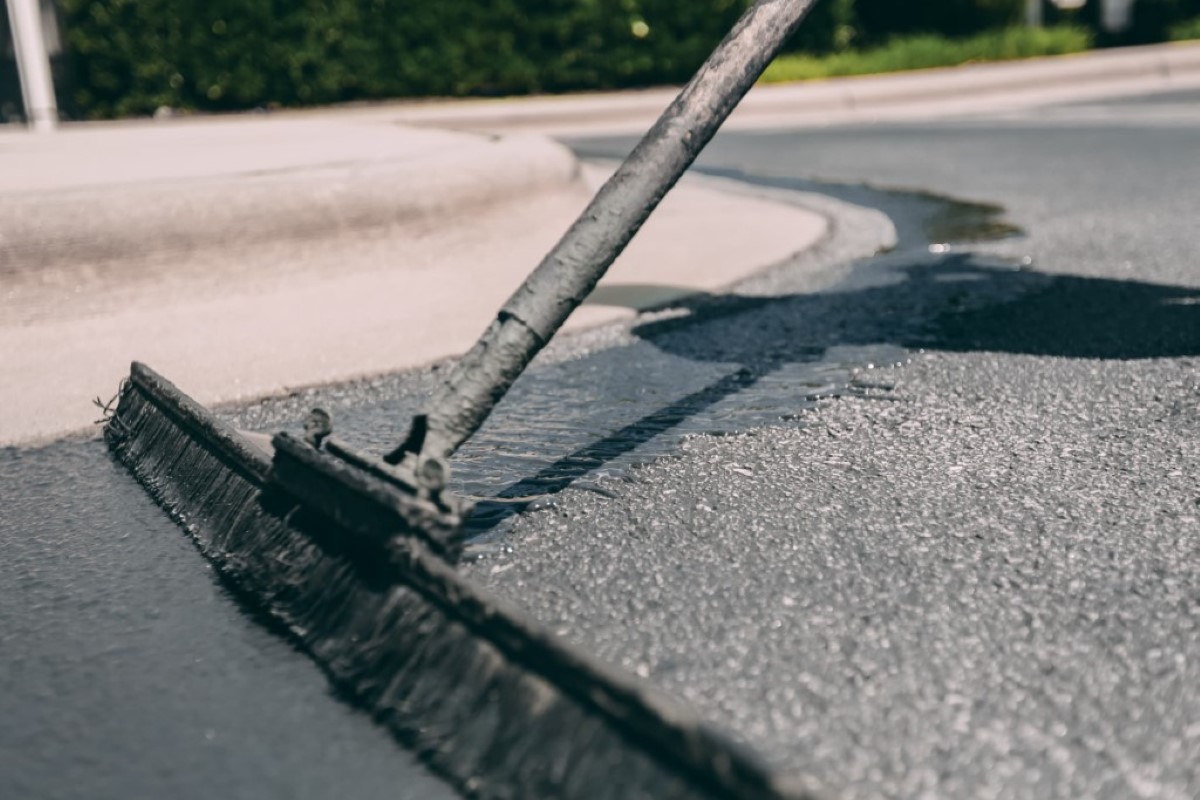
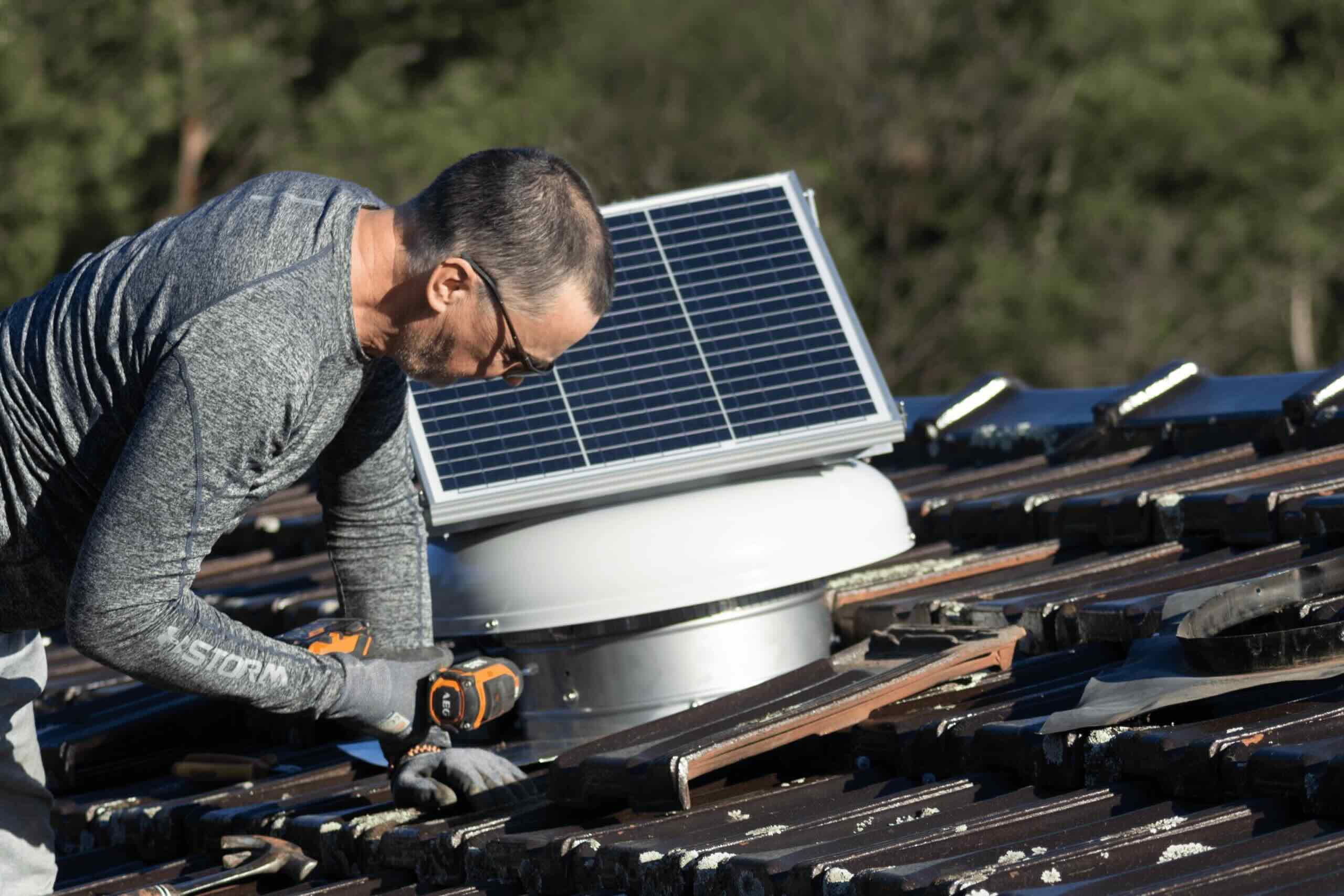


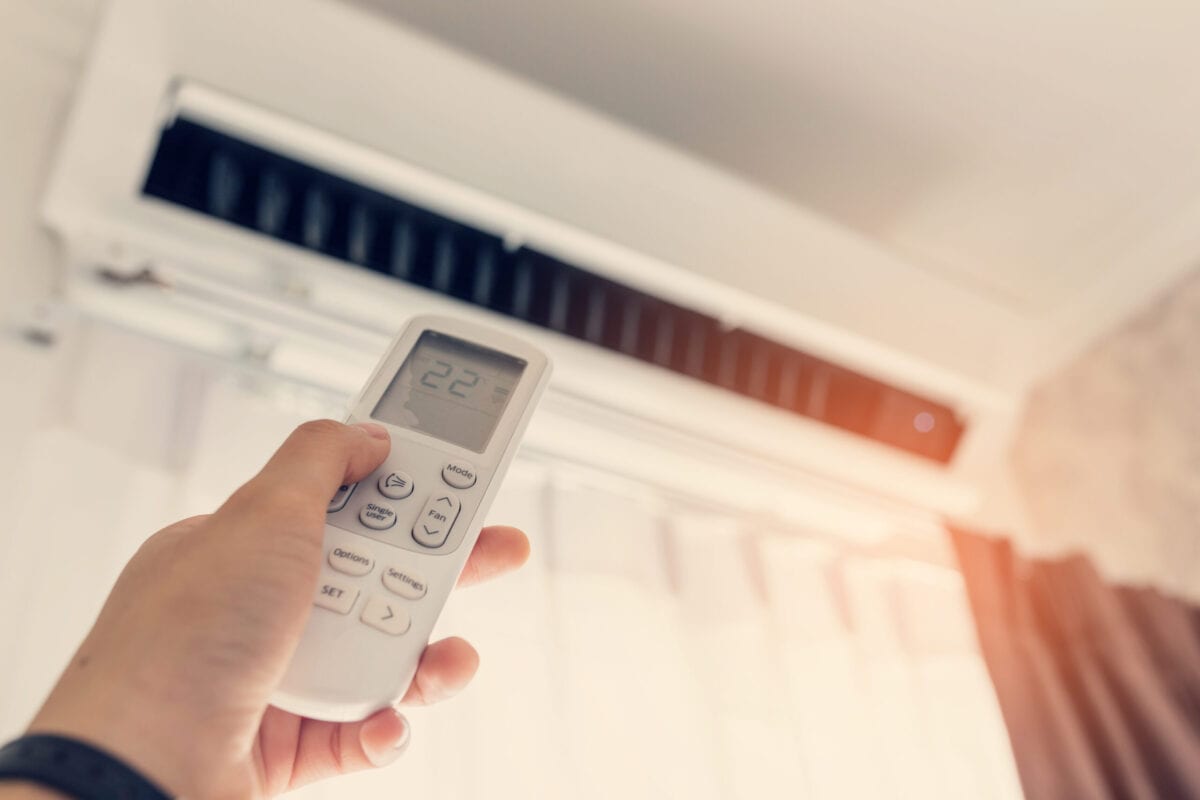
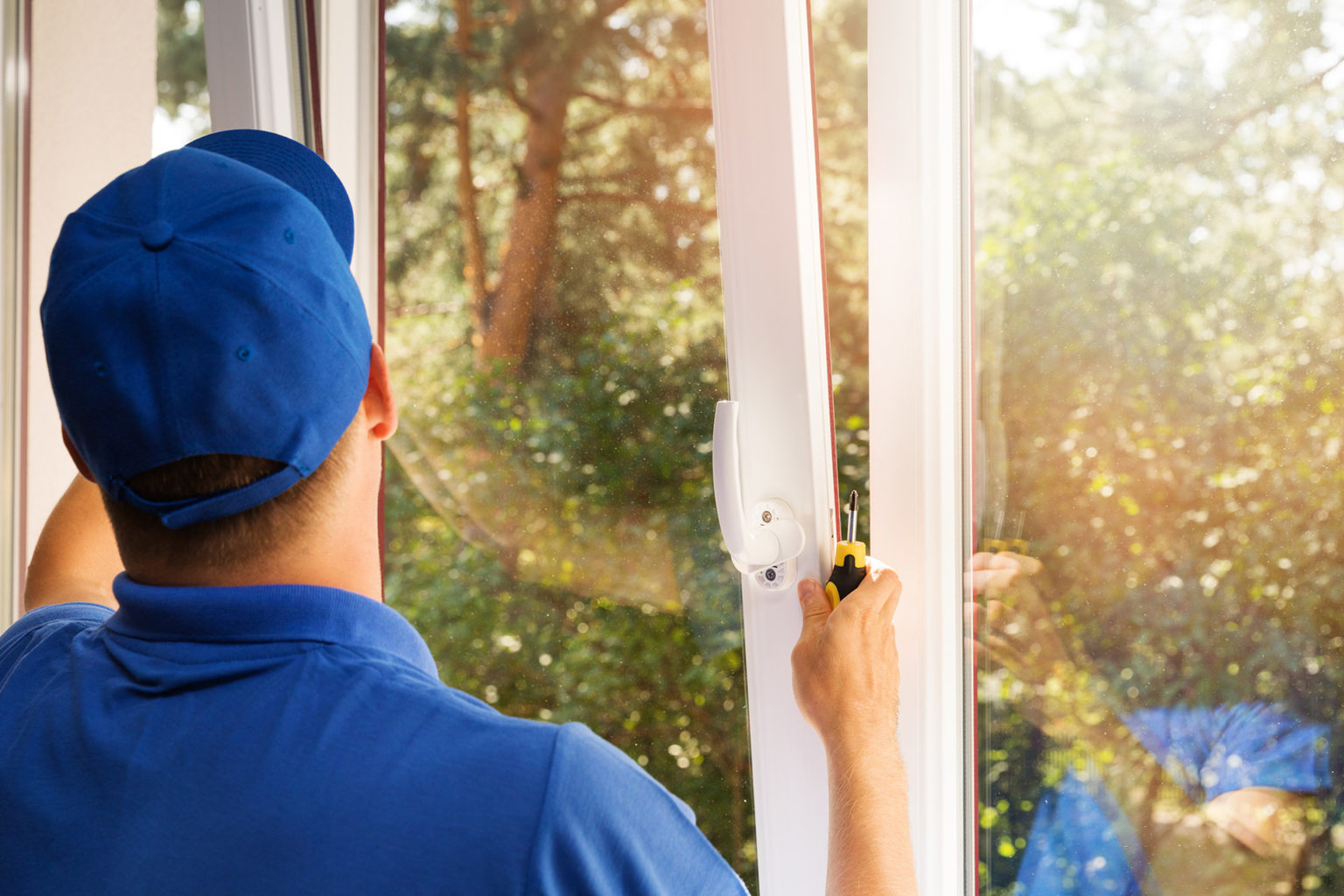




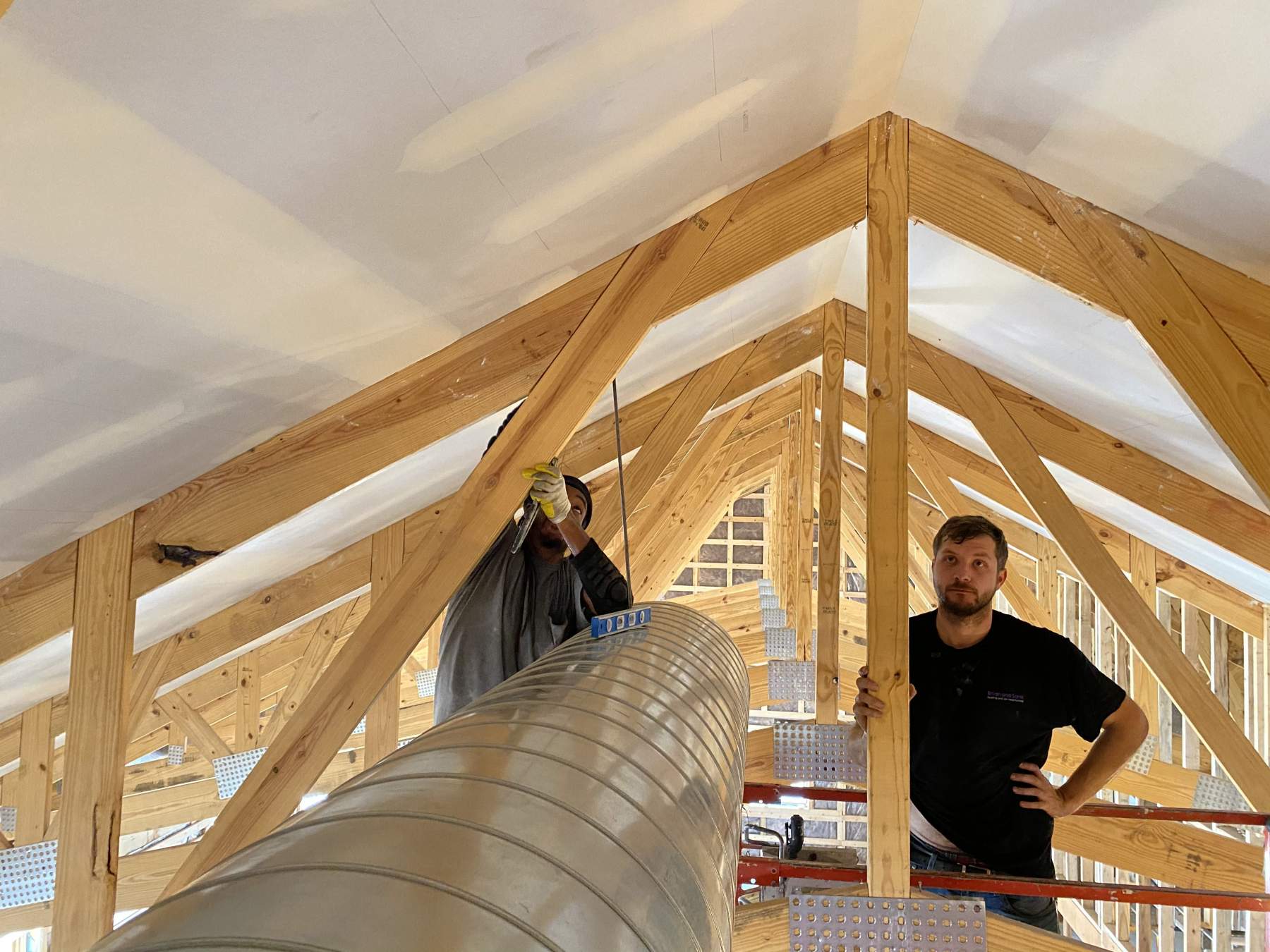
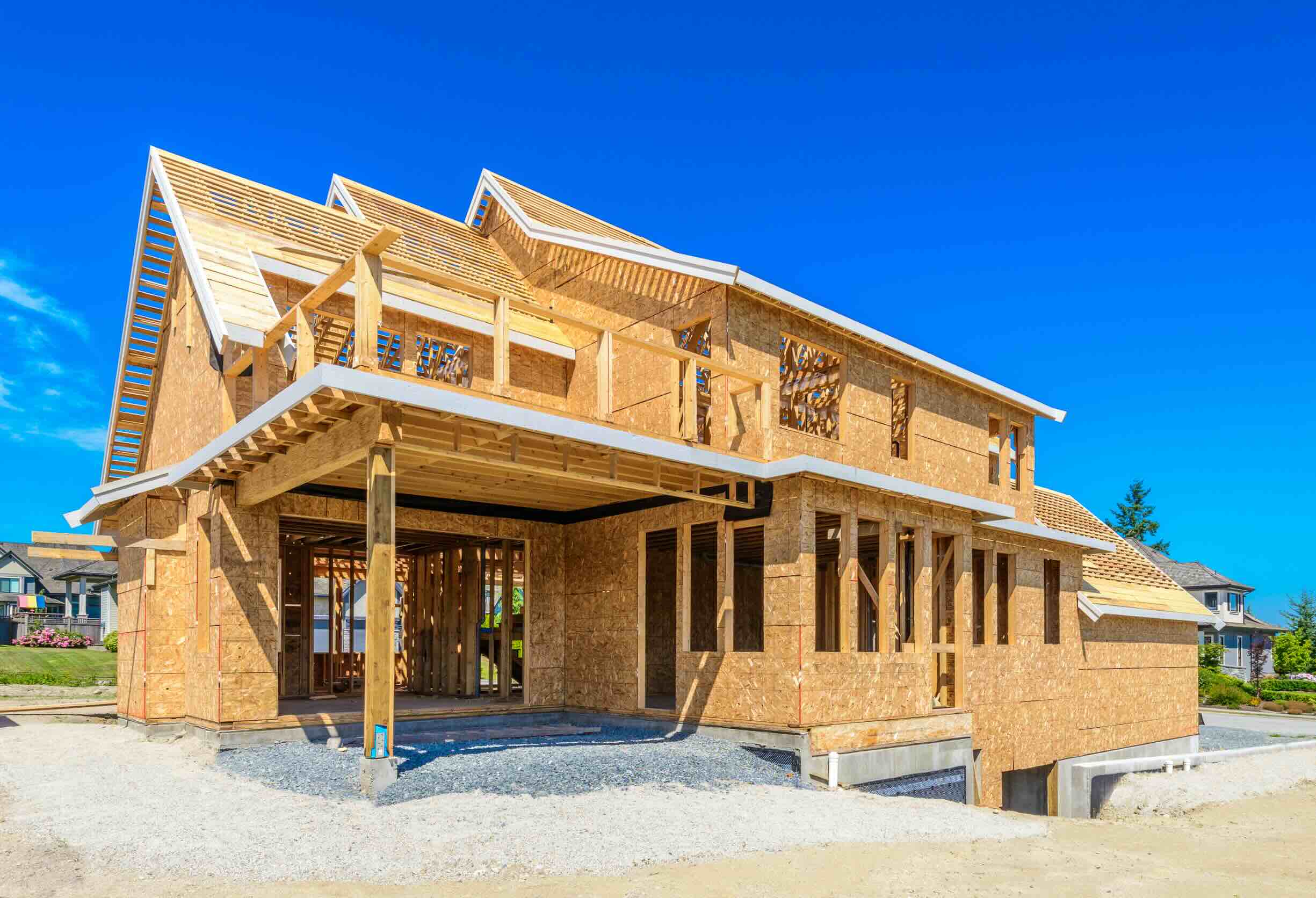
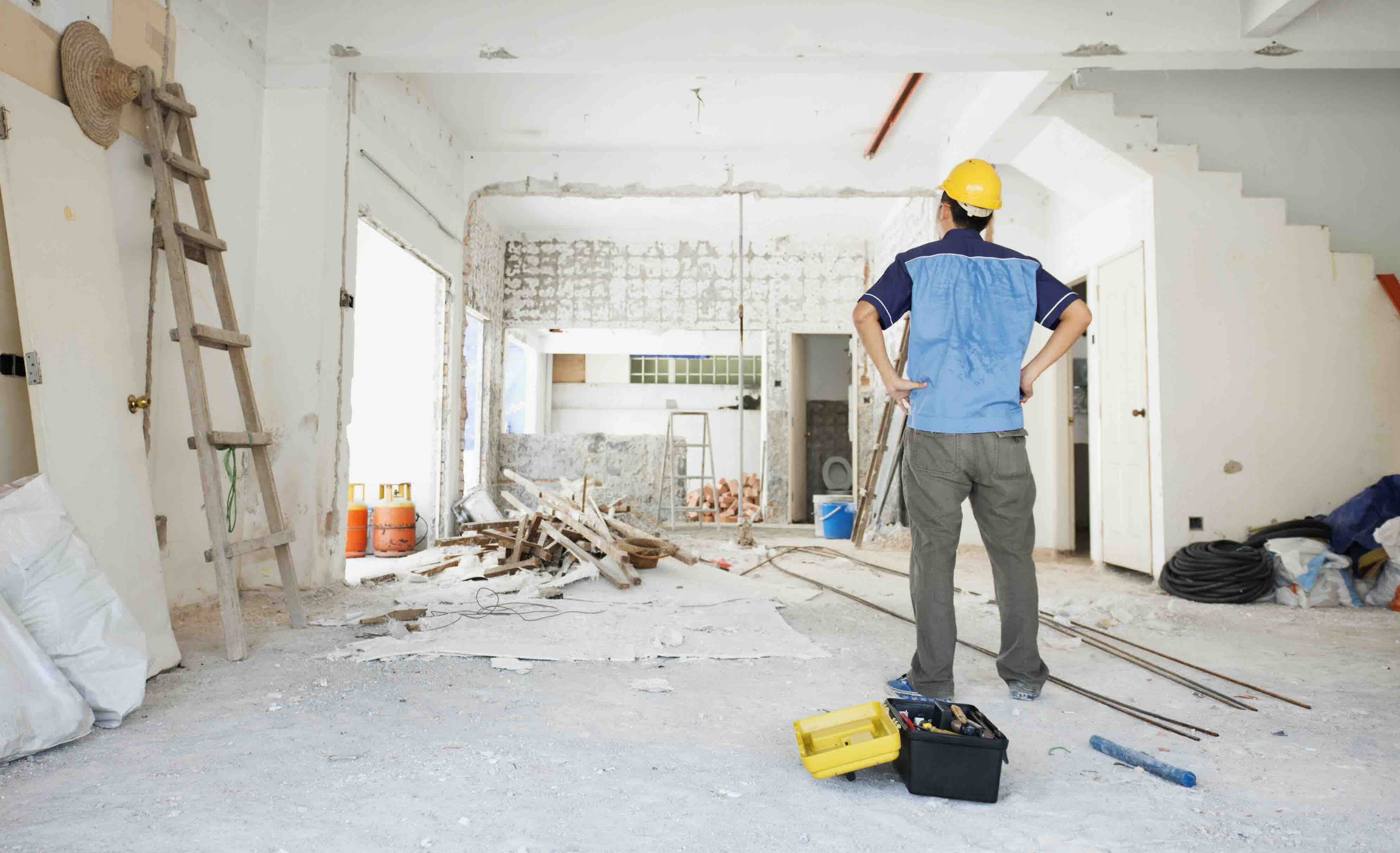

0 thoughts on “When Should You Get A Home Inspection On New Construction”